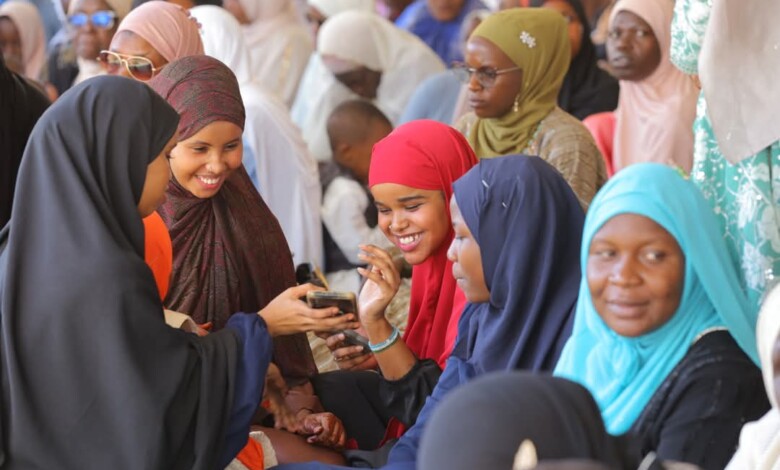Building and strengthening community unity

Assalam alaykum warahmatullahi wabarakatuh
(Cont’d)
The second commandment to Musa highlights the importance of companionship in activism. Allah tells Musa to take his brother Harun along, signaling that true change is often achieved through collective effort. Just as Musa was not asked to confront Pharaoh alone, Muslims today are encouraged to work within and strengthen their communities. Activism requires building teams, mobilizing communities, and encouraging cooperation for shared goals.
This principle unveils the Islamic value of unity. The Quran calls upon believers to “cooperate in righteousness and piety” (Quran, 5:2). By working with others, Muslims create a stronger and more resilient force for positive change. Successful initiatives are often those that involve collaboration, drawing on diverse strengths, ideas, and experiences.
Unity within the Muslim community can be fostered through various platforms. Forming alliances between different Muslim organizations, establishing local community centers, and creating youth programs are all steps toward building a united front. Additionally, interfaith dialogues and community service projects allow Muslims to build bridges with non-Muslim neighbors, creating mutual understanding and strengthening bonds within the broader community. By coming together, Muslims amplify their voice and impact, making it easier to achieve common goals.
Equipping oneself with knowledge and strategy
Musa and Harun were commanded to go to Pharaoh “with My signs,” which can be understood as going equipped with the signs and knowledge given by Allah. Before stepping into a role of activism, a Muslim should seek understanding, both of their cause and of the teachings of Islam. This knowledge serves as the foundation, ensuring that actions are aligned with Islamic principles and that activists are prepared to engage meaningfully.
Knowledge in activism is twofold: it includes both Islamic knowledge (to ensure actions align with faith) and specialized knowledge relevant to the cause at hand. For example, someone engaged in environmental activism should understand both the Islamic perspective on stewardship and the science of environmental conservation. Those advocating for social justice should be well-versed in both the Islamic view on justice and the social dynamics affecting their communities. This approach not only gives clarity and direction but also equips the activist to make informed, impactful decisions.
Knowledge-based activism can manifest in many forms. For instance, individuals can start by studying Islamic teachings related to their cause, such as economic justice, environmental stewardship, or human rights. They can then integrate this understanding with contemporary knowledge by engaging in professional development, attending workshops, or collaborating with experts in the field. By preparing intellectually and strategically, activists can become more effective and resilient.
To be Continued …





